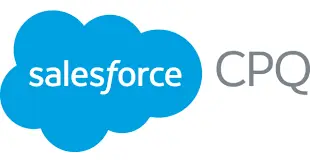Salesforce CPQ (Configure, Price, Quote) is a powerful tool designed to streamline the sales process by enabling organisations to quickly generate accurate quotes for their products and services. With its intuitive interface, sales teams can easily configure complex product offerings, apply pricing rules, and generate professional quotes, all within a unified platform. This automation not only saves time but also minimises errors, ensuring that sales representatives can focus on closing deals rather than getting bogged down in administrative tasks.
As a Salesforce Consulting Partner, we are thrilled to help our clients tailor the quoting system they require and maximise the possibility with the adoption of Salesforce CPQ. However, some clients have experienced an Apex Heap Size Too Large error when they tried to save / reconfigure a CPQ Quote. This article outlines the error, the potential causes (in particular Bundle Looping) as well as the solutions.



